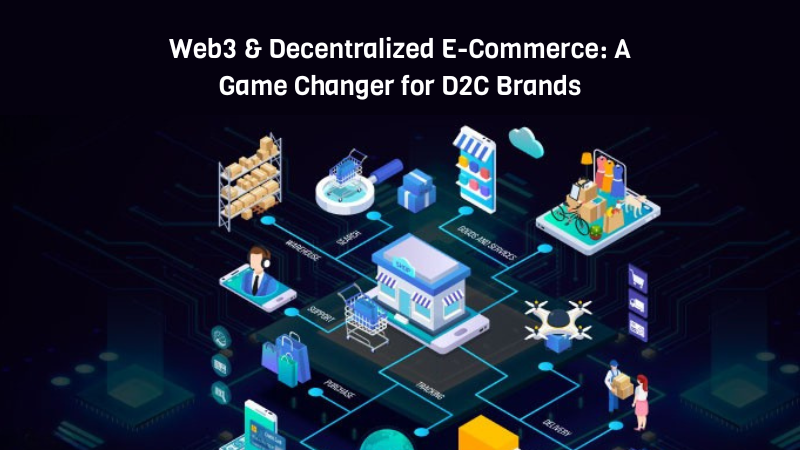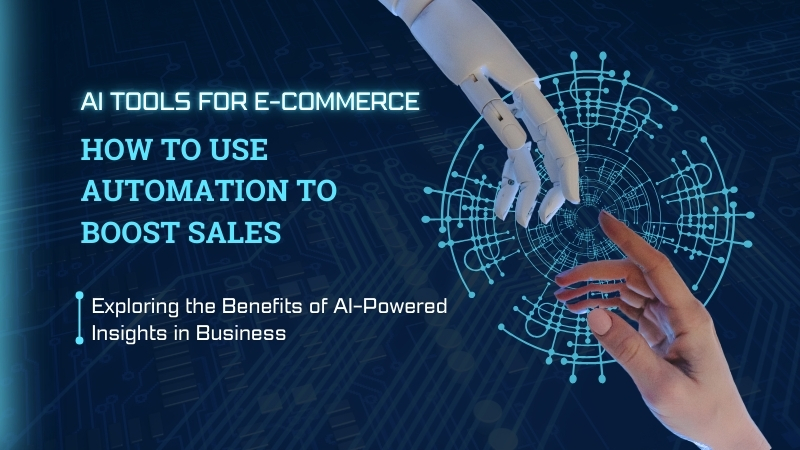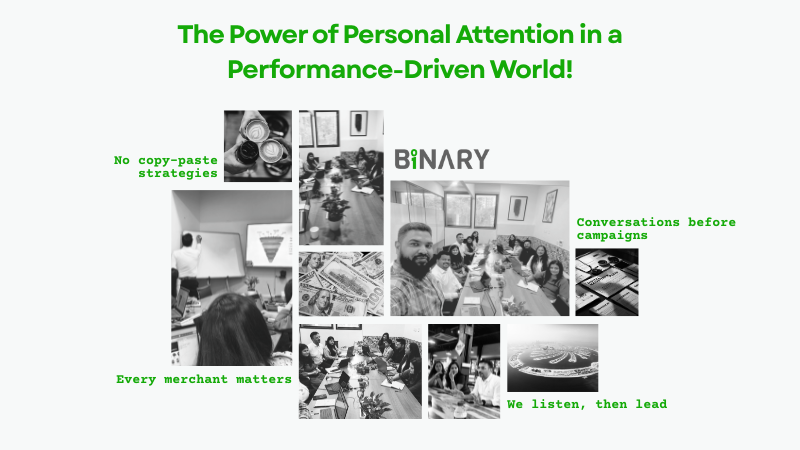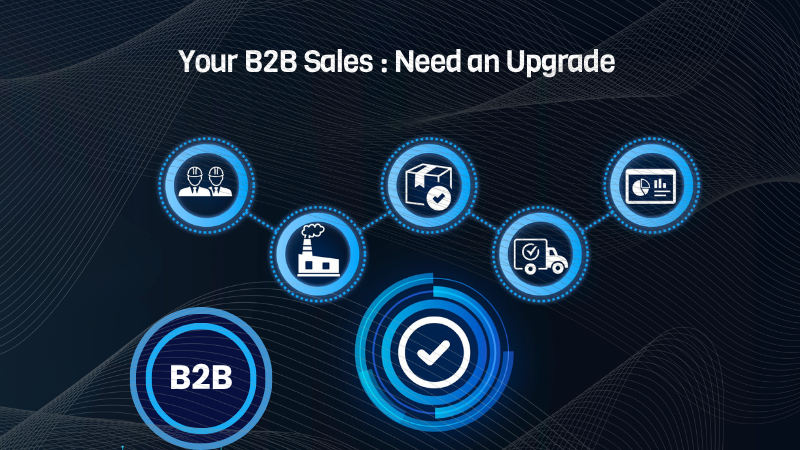The e-commerce landscape is evolving, and Web3 is at the forefront of this transformation. As decentralised technologies redefine how businesses operate, Direct-to-Consumer (D2C) brands must prepare for a future where transactions, ownership, and customer relationships are no longer controlled by centralised platforms. But what does this shift mean for the world of online retail?
Understanding Web3 & Decentralised E-Commerce
Web3 refers to the next phase of the internet—powered by blockchain, smart contracts, and decentralised networks. Unlike traditional e-commerce, which heavily depends on intermediaries such as marketplaces and payment processors, decentralised e-commerce removes these middlemen. As a result, brands gain greater control over their operations, customer data, and revenue streams, leading to enhanced transparency, lower costs, and a more direct relationship with consumers.
How Web3 is Reshaping D2C Brands
- Ownership & Control: Web3 empowers brands to own their customer relationships without depending on platforms like Amazon or Shopify.
- Decentralised Payments: Cryptocurrency and blockchain-based transactions reduce dependency on banks and lower payment processing fees.
- Smart Contracts for Automation: Agreements between buyers and sellers can be self-executing, reducing fraud and ensuring seamless transactions.
- Enhanced Data Privacy: Customers have greater control over their data, fostering trust between brands and consumers.
- Tokenised Loyalty Programs: Brands can use NFTs and tokens to create exclusive membership benefits, driving deeper engagement and repeat purchases.
Challenges of Web3 in E-Commerce
- Adoption Barriers: Many consumers and businesses are still unfamiliar with blockchain and decentralised systems.
- Regulatory Uncertainty: Governments worldwide are still developing frameworks to regulate cryptocurrencies and decentralised transactions.
- User Experience: While Web3 offers transparency, its technical complexity may create friction for non-tech-savvy consumers.
The Future of D2C in a Web3 World
- Decentralised Marketplaces: Platforms like OpenSea and Rarible are paving the way for decentralised product selling.
- Metaverse Shopping: Virtual storefronts could redefine the online shopping experience, allowing customers to interact with products in digital spaces.
- Community-Led Growth: Web3 enables brands to build loyal communities through decentralised autonomous organisations (DAOs), where customers have a say in brand decisions.
- Seamless Global Transactions: Cryptocurrency adoption will allow brands to expand globally without currency conversion hassles.
Is Your Brand Ready for Web3?
While Web3 is still in its early stages, D2C brands that adapt now will gain a competitive edge. Whether through tokenised rewards, decentralised payment systems, or blockchain-backed supply chains, the shift toward decentralised e-commerce is inevitable. The question is: Will your brand lead the change or struggle to catch up?

















